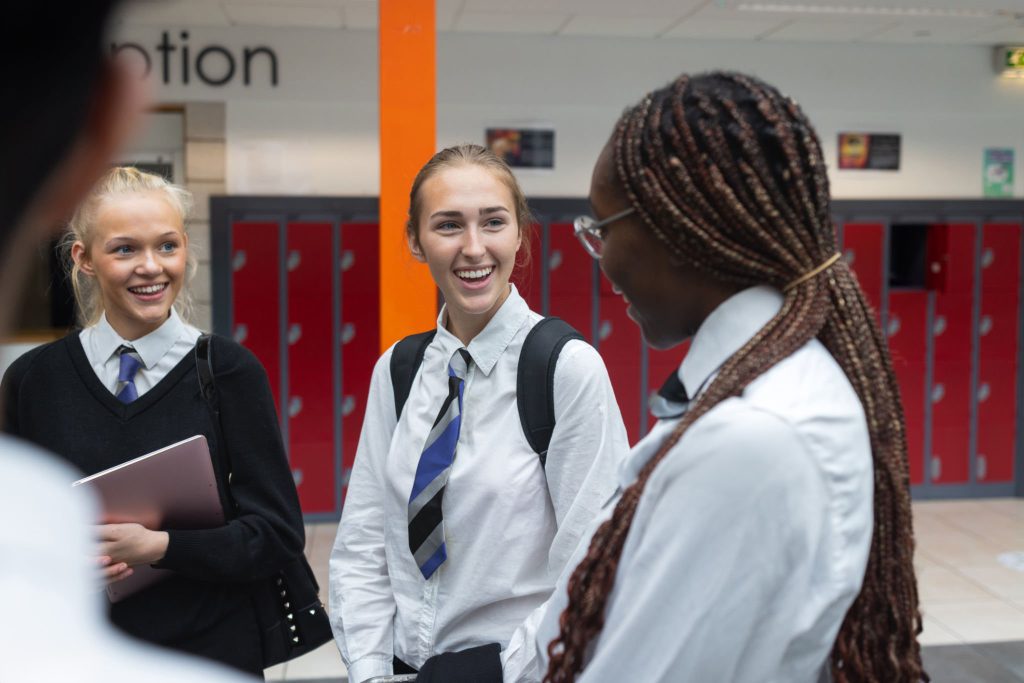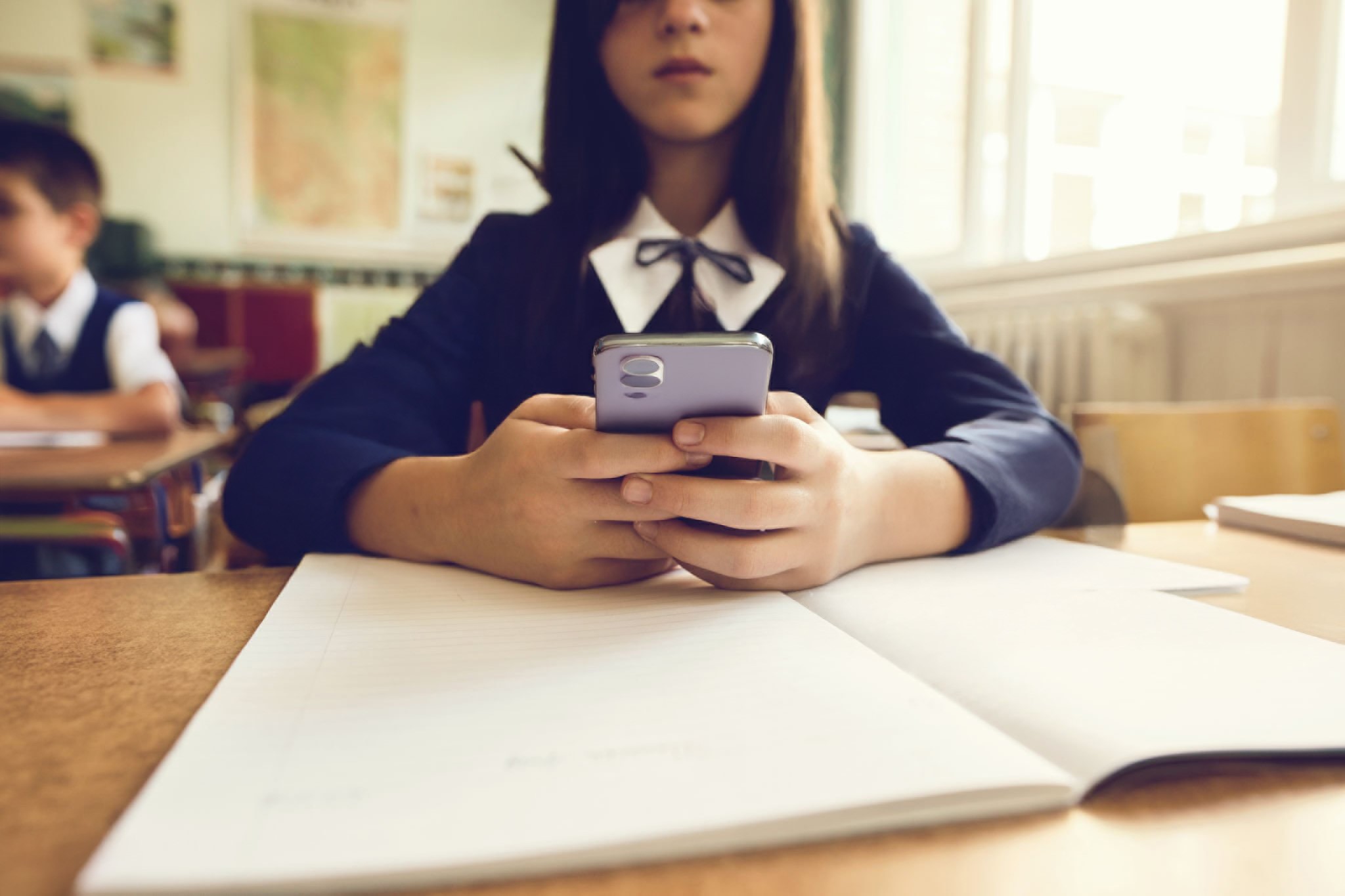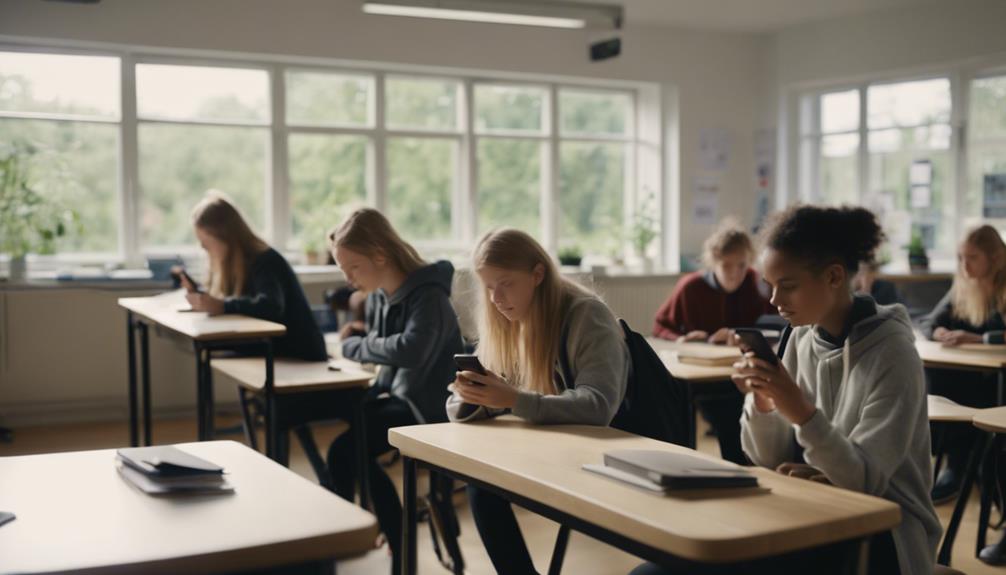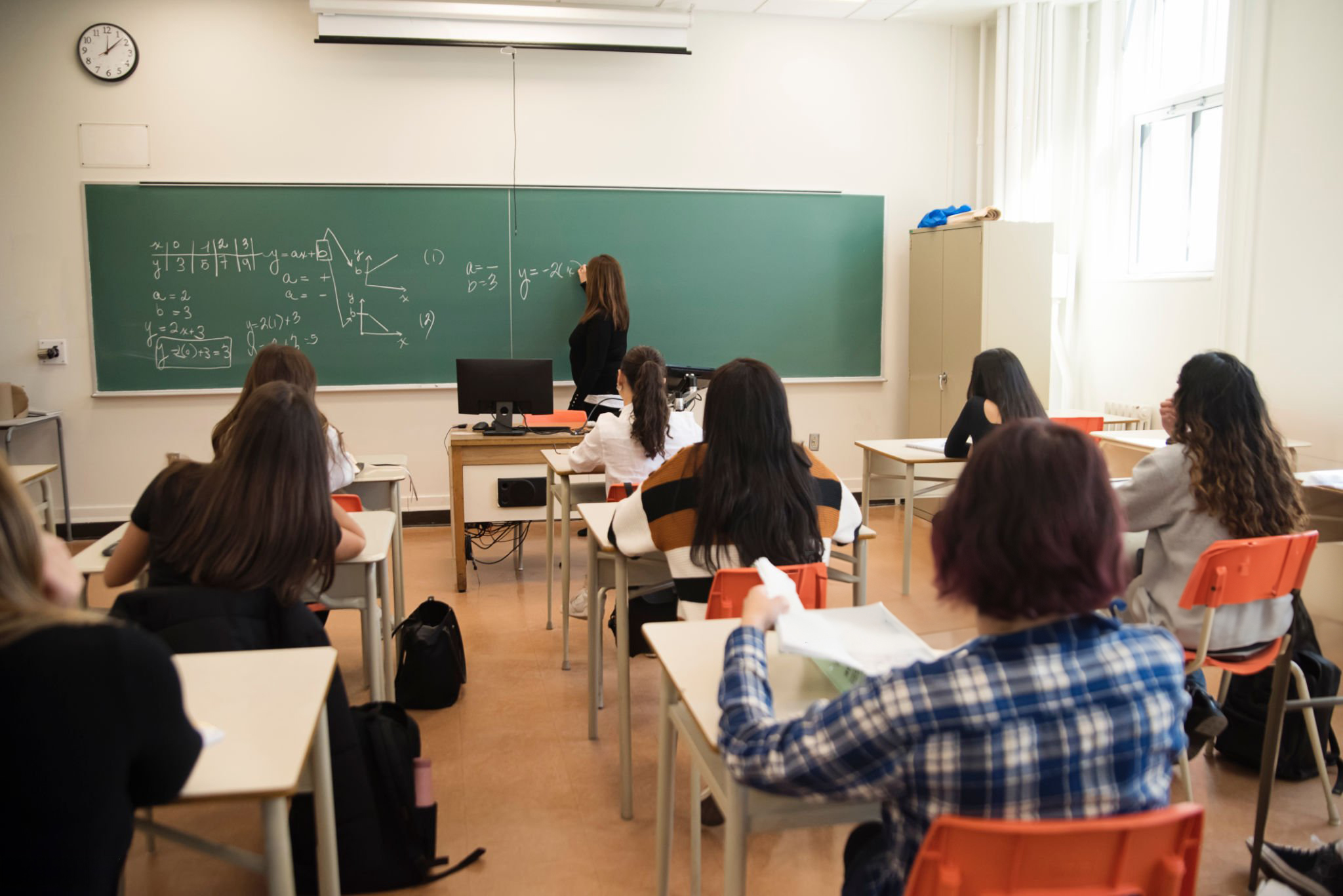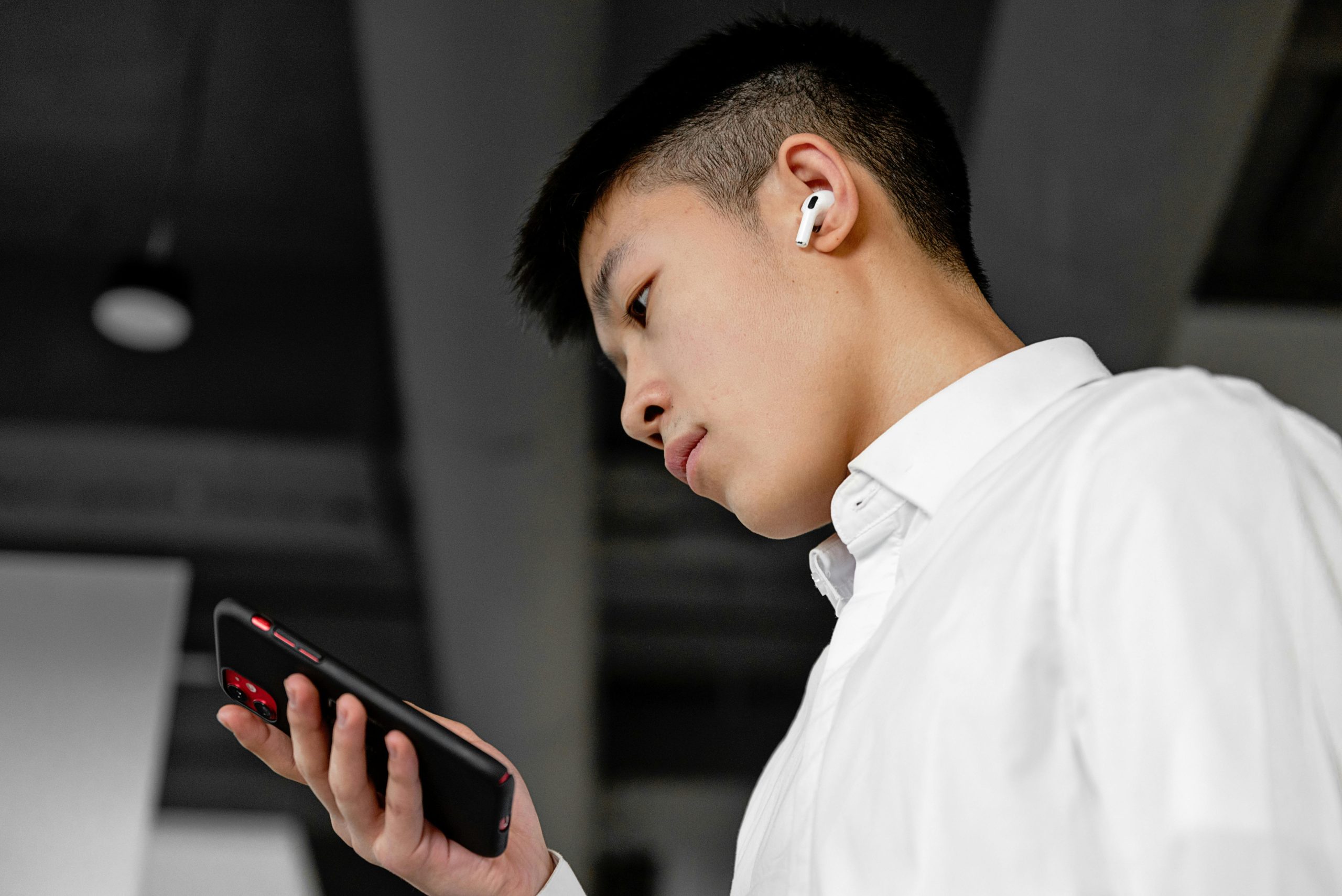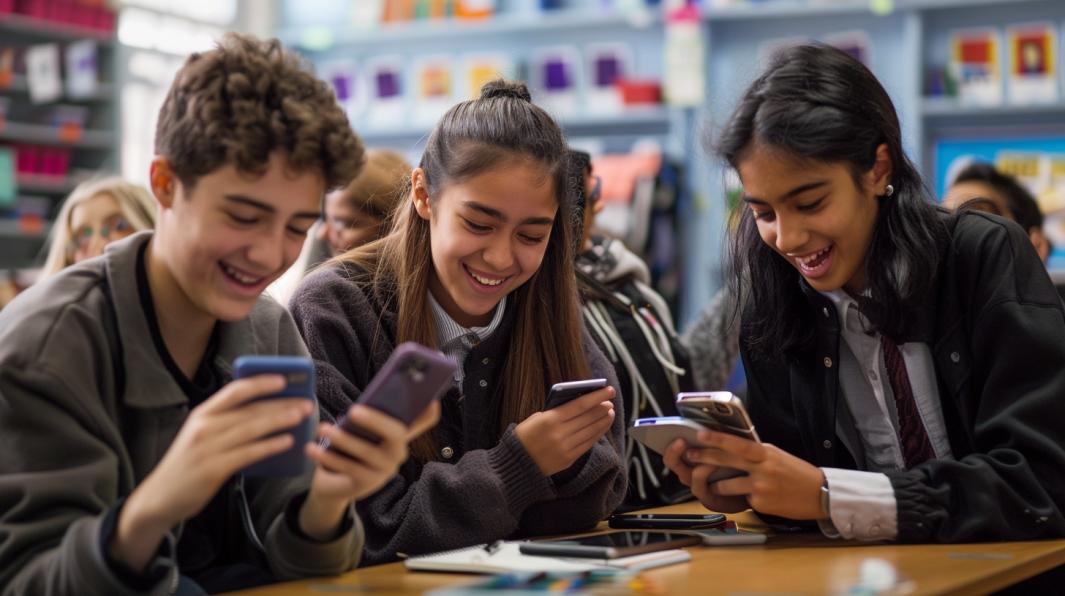Scotland Announces Stricter School Phone Bans
Research by communications regulator Ofcom has painted a picture of how ingrained smartphones have become into society – 25% of 3–4-year-olds now own one, with 50% of under-13s on social media, with the use of TikTok, WhatsApp, voice notes and voice calls all on the rise.
An exponential rise in infants and children using phones and social media in the last decade has led to pressure on governments around the world to clamp down on phone and social media use.
The result of these alarming stats? The Department for Education issued revised guidance in February to reinforce the banning of smartphones within schools in England throughout the school day, including break times. Even with this, some believe rules still aren’t strict enough, with the Tories urging for more, perhaps influenced by Australia catching the headlines last year by banning social media for under-16s altogether.
Time For Change in Scotland
Meanwhile, with no amendments since 2013, in Scotland, it’s taken a teacher to make a stand for the country to catch up with England, and other countries in Europe.
Adam Csenski, who teaches at a Moray secondary school, submitted a petition to the Scottish Parliament in May, aiming to have Scotland adopt similar rules to England.
Anecdotally, Adam and his fellow teachers noticed a familiar story at their school – even at break times, students were on their phones rather than interacting with each other. Adam commented, “It is difficult to bring them up to be polite adults when they don’t feel they have to put their phone away when they are speaking to someone.”
After the observations, Adam surveyed teachers:
- 79% said phones were a distraction
- 62% said they disrupt learning
- 59% said they create conflict between teachers and pupils
- 49% said phones had been used to film them or other pupils without consent
Scottish Government Reacts
Following new guidance from the Scottish Government that gives headteachers the power to crack down on phone usage, schools are now able to implement a strict policy to enable pupils to focus entirely on their learning. After the Summer break in August 2024, Scottish schools had the official power to ban mobile devices.
The announcement hit the headlines, with ITV covering the announcement on the news, interviewing students and experts.
With the updated guidance well overdue, some schools have already taken action. Schools such as Gordonstoun restricted phone use back in 2017, with principal Lisa Kerr giving encouragement to others by saying the impact was “immediately obvious.”
For many, this was of no surprise – the Organisation for Economic Co-operation and Development (OECD) has previously linked rising misuse of technology to the declining education performances of many countries, including Scotland. The OECD found that 31% of Scottish pupils admitted to being distracted by digital devices in most or every lesson.
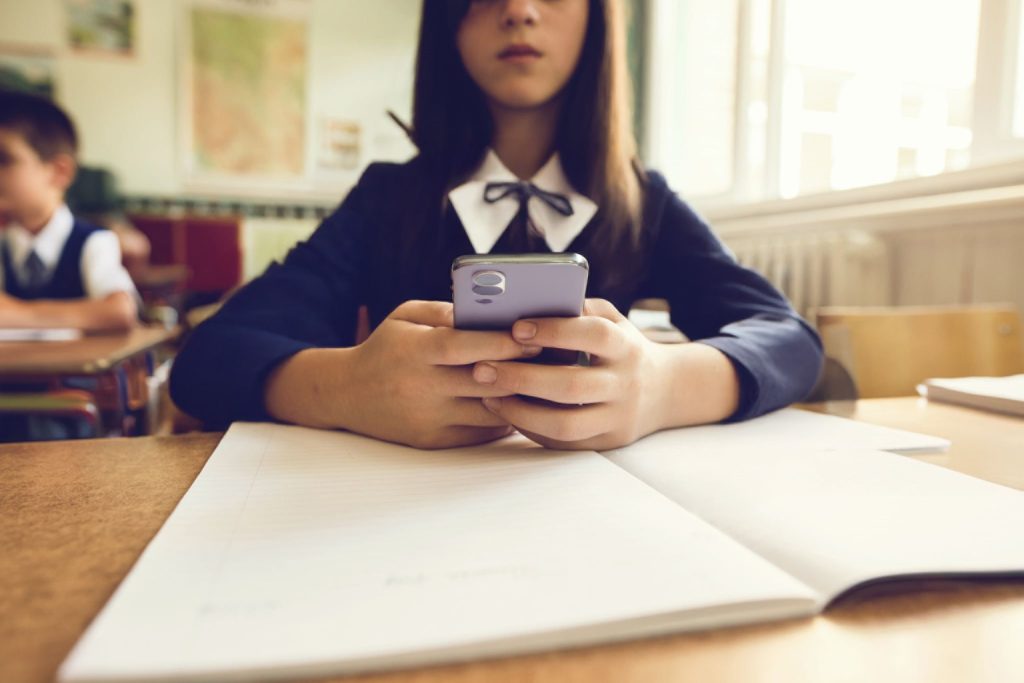
Is the Ban Working?
Schools are taking different approaches to phone restrictions and outright bans. So far, we’ve seen a softer approach for younger ages, which is typical within other schools across Europe.
The danger of softer approach is that the issue must be managed by already busy teachers, and the approach may vary from classroom to classroom. As a result, All Saints Secondary school initially found an increase in “internal truancy” – pupils taking frequent toilet breaks in an effort to circumnavigate the rules.
This issue was combatted by engaging with pupils to get buy-in. The school’s principal said, “We wanted to engage with young people to help them understand how that benefits them. Young people were so honest.”
HOW TO: See our post on Effective Phone Bans in Schools.
Other teething issues include consistency above the board. Whilst it’s unsurprising children will feel aggrieved to lose access to their smartphones, one Dunblane student was understandably frustrated, sharing, “Teachers are still using their phones during lessons, or have them on their desks, which contradicts the new rule, as teachers are not giving pupils 100% of their attention.”
In West Lothian, Linlithgow Academy hailed their changes as “transformational” with headteacher Grant Abbot telling councillors there had been a “huge difference” since initially asking for opinions from parents.
Undoubtedly, Linlithgow’s success will have been down to engaging with parents, teachers and their 1,300 students. A new policy was created to formalise their approach, with clearly set boundaries, which pupils are reminded of at the start of each lesson. Respectful enforcement includes the use of a phone pouch.
Achieving Balanced Phone Use
Phones aren’t always the enemy. The reality is smartphones are a big part of our lives and can be useful tools – the key is achieving balance.
With schools actively incorporating digital technology into lessons, the question is how to enforce the ban without restricting learning.
Our solution at Phone Locker is a lockable phone pouch. Unlocked by a special magnet, either stationed at school exits, or in handheld form by teachers, it means students keep hold of their mobile’s, but means there is consistency across the board, whilst giving school staff full control.
Used in hundreds of schools across the globe, Phone Locker’s pouches have been recently submitted as the answer to a pilot scheme being run by Edinburgh council covering 20 secondary schools. We also provide implementation packs to schools, helping them roll out their ‘phone-free’ initiative.
Find out more about how Phone Locker® works on our website, or get in touch for free, friendly advice.


